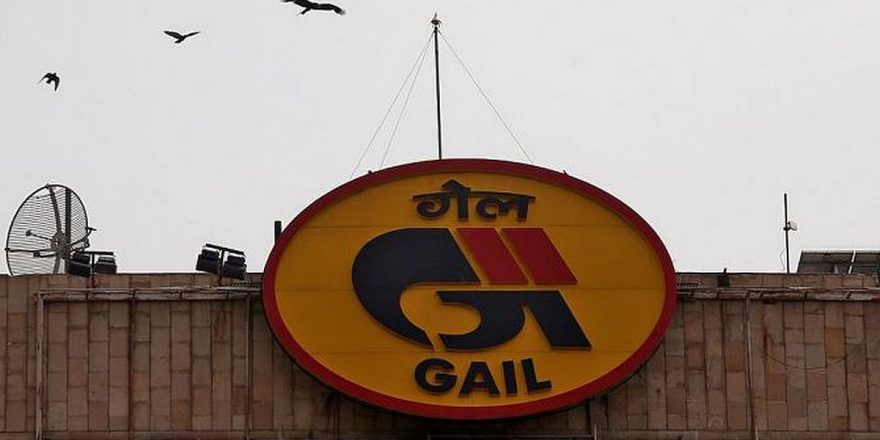Russia’s Gazprom turns off tap, Gail’s hunt for LNG may continue for a year
So far, GMTS has defaulted on the supply of more than 20 cargoes or shiploads, 13 of which were set to be received in the second quarter.
State-run largest gas utility GAIL (India) fears little to no supply of liquefied natural gas (LNG) from Russia’s Gazprom for at least 12 months, and is preparing to meet the shortfall accordingly.
The supply constraints, which have cut off almost 20 per cent of all gas supplies, will continue to persist for some time, GAIL executives recently said in a meeting with ICICI Securities.
Later, GAIL executives told Business Standard the company continues to face a shortfall of 8.5-9 million standard cubic meters per day (mscmd).
The government has recently begun talks with Moscow on the issue.
The long-term 2.4 million tonnes per year (mtpa) LNG contract was paused back in May, owing to technical challenges, after Gazprom lost control of its German subsidiaries after the Ukraine war.
To mitigate disruption in the supply, GAIL had to cut supplies to fertiliser plants and power generation units, as well as some industrial consumers, officials said.
The company is also sending reduced volume of gas to its Pata Petrochemical plant (in Uttar Pradesh) and running it at a reduced utilisation of less than 40 per cent.
Internal projections show this situation would prevail for six-nine months, officials said.
Long-term impact
Over the past six months, GAIL made up for part of the lost volumes by buying LNG from the spot market.
This included customer contracts that it had to fulfil due to supply or pay obligations, measured at 1-1.5 mscmd.
GAIL commands 70 per cent market share in gas transmission and has a gas trading share of over 50 per cent in India.
Officials stressed industrial customers would not face major disruption in supplies as the company has put in place measures to quickly meet the shortfall through spot buying of LNG. But this would come at the expense of company financials.
“Prices at the spot markets are often almost double that of long-term deals.
“This has hurt marketing margins in the preceding two quarters, and we expect this to be the case going forward, as well,” an official said.
The imminent reduction of gas sold under the administered pricing mechanism, based on the Kirit Parikh Committee’s suggestions, should help ease margin pressure over FY24, he added.
GAIL reported a 46 per cent drop in net profit during the second quarter (July-September), primarily owing to the Gazprom disruption and spot market buying.
While Ebitda was down 59.4 per cent quarter-on-quarter, its margin slipped to 4.6 per cent in the second quarter of the current financial year, from 11.6 per cent in the April-June quarter.
As a result of the shortfall in supply from Gazprom, GAIL is backstopping the supply gap by diverting all its cargoes to India, ICICI Securities said in a recent report.
Resultantly, the company does not have any spare cargo to leverage the pricing difference between spot LNG and gas from the US’ Henry Hub, it said.
“Some additional volumes from domestic sources (RIL, ONGC, Cairn) will help improve overall transmission volumes.
“But for the rest of FY23 and H1FY24, the shortfall is likely to persist and hence, we see transmission volumes persisting between 108 mscmd and 109 mscmd in the near term,” it said.
Story so far
The issue stems from Gazprom Marketing and Trading Singapore (GMTS), now a subsidiary of Gazprom Germania, stopping the delivery of LNG to GAIL in late May.
Back in 2012, Gazprom’s former subsidiary GMTS signed a 20-year contract to supply GAIL with 2.85 mt of LNG a year.
Supplies under the deal started in 2018 and the full volume was expected to be reached in 2023.
But earlier this year, GMTS got housed under Gazprom Germania GMBH, after which Gazprom gave up its ownership of the company in April without any explanation, and imposed sanctions.
As the diplomatic fallout of the Ukraine war escalated, Germany seized control of Gazprom Germania in April.
So far, GMTS has defaulted on the supply of more than 20 cargoes or shiploads, 13 of which were set to be received in the second quarter (July-September), officials said.
Source: Read Full Article


